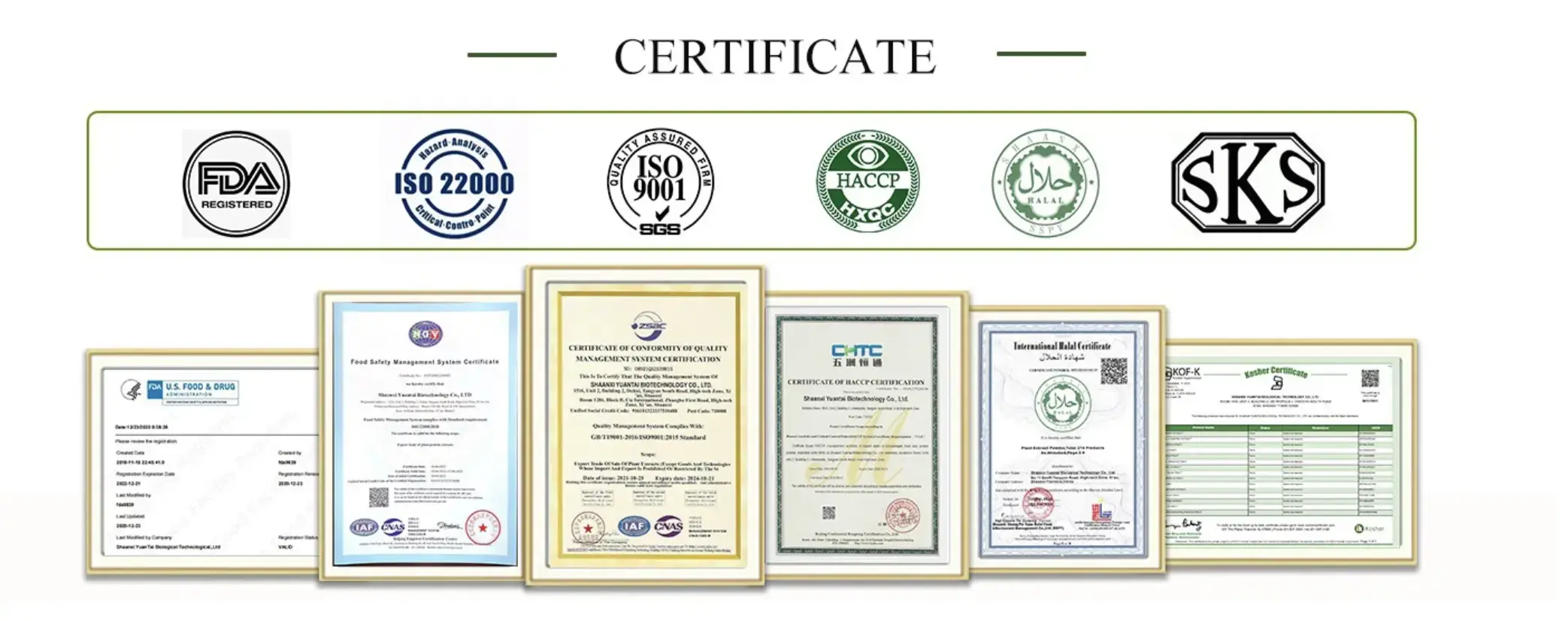In the pharmaceutical industry, making informed decisions about sourcing ingredients is crucial for maintaining profitability and product quality. One such ingredient that often comes under scrutiny is ibuprofen powder. This article delves into the cost-benefit analysis of sourcing bulk ibuprofen powder, exploring the various factors that influence this decision and providing insights to help businesses make the most economically sound choice.

Economies of Scale: Maximizing Savings in Bulk Purchases
When considering the procurement of ibuprofen powder in bulk quantities, one of the primary advantages that comes to mind is the potential for significant cost savings through economies of scale. This economic principle suggests that as the quantity of a product purchased increases, the per-unit cost tends to decrease.
For pharmaceutical companies and manufacturers, this translates to substantial savings when buying ibuprofen powder in large quantities. The reduced per-unit cost can have a ripple effect throughout the production process, potentially lowering the overall cost of manufacturing ibuprofen-based products.
However, it's essential to consider the following factors when evaluating the economies of scale in bulk ibuprofen powder purchases:
- Storage costs: Larger quantities require more storage space, which may incur additional expenses.
- Shelf life: Ibuprofen powder has a finite shelf life, so it's crucial to balance bulk purchases with expected usage rates.
- Cash flow: While bulk purchases can lead to savings, they also require a larger upfront investment, which may impact short-term cash flow.
To truly maximize the benefits of economies of scale, companies need to carefully analyze their production needs, storage capabilities, and financial situation. This holistic approach ensures that the cost savings from bulk purchases are not offset by increased expenses in other areas.

Quality vs. Price: Balancing Act in Ibuprofen Sourcing
When it comes to sourcing bulk ibuprofen powder, the age-old debate of quality versus price comes into sharp focus. While cost savings are undoubtedly important, they should never come at the expense of product quality, especially in the pharmaceutical industry where safety and efficacy are paramount.
Here are some key considerations when balancing quality and price in ibuprofen sourcing:
- Supplier reputation: Research potential suppliers thoroughly, looking at their track record, certifications, and customer reviews.
- Quality control measures: Inquire about the supplier's quality control processes and ensure they meet or exceed industry standards.
- Purity levels: Higher purity levels often come with a higher price tag but may be necessary depending on the intended use of the ibuprofen powder.
- Consistency: Ensure the supplier can consistently deliver high-quality product across multiple batches.
It's worth noting that while lower-priced options may seem attractive initially, they can lead to increased costs down the line if the quality is subpar. Poor quality ibuprofen powder may result in:
- Failed batches of products
- Increased quality control costs
- Potential recalls and damage to brand reputation
Therefore, when sourcing bulk ibuprofen powder, it's crucial to find a supplier that offers a balance between competitive pricing and consistent, high-quality product. This may involve paying a premium for quality, but the long-term benefits often outweigh the short-term cost savings of choosing a lower-quality option.
ROI Calculation: When Bulk Ibuprofen Makes Financial Sense?
Determining the return on investment (ROI) for bulk ibuprofen powder purchases is a critical step in the sourcing decision-making process. This calculation helps businesses understand when and if buying in bulk makes financial sense for their specific situation.
To calculate the ROI of bulk ibuprofen powder purchases, consider the following factors:
- Purchase price: Compare the per-unit cost of bulk purchases versus smaller quantities.
- Storage costs: Factor in any additional expenses for storing larger quantities of ibuprofen powder.
- Usage rate: Consider how quickly you'll use the bulk quantity to ensure it doesn't expire before use.
- Production efficiency: Assess if bulk purchases can lead to improved production efficiency and reduced downtime.
- Quality consistency: Evaluate if bulk purchases from a single batch can improve product consistency.
Here's a simplified ROI calculation example:
Suppose a company typically buys 100 kg of ibuprofen powder at $50 per kg, totaling $5,000. A bulk purchase option offers 500 kg at $45 per kg, totaling $22,500. The company uses 100 kg per month.
Cost savings per month: (100 kg * $50) - (100 kg * $45) = $500
Additional storage cost per month: $100
Net savings per month: $500 - $100 = $400
Time to use bulk purchase: 5 months
Total savings over 5 months: $400 * 5 = $2,000
ROI: ($2,000 / $22,500) * 100 = 8.89%
In this scenario, the bulk purchase yields a positive ROI of 8.89% over five months, suggesting it could be a financially sound decision.
However, it's crucial to note that ROI calculations can vary significantly based on individual circumstances. Factors such as market volatility, changes in demand, and unforeseen expenses can all impact the actual ROI of bulk ibuprofen powder purchases.
Furthermore, non-financial factors should also be considered when evaluating the overall value of bulk purchases. These may include:
- Improved supplier relationships
- Reduced procurement frequency and associated administrative costs
- Potential for negotiating better terms with suppliers
By conducting a thorough ROI analysis that encompasses both financial and non-financial factors, businesses can make more informed decisions about when and how much ibuprofen powder to purchase in bulk.
Conclusion
The decision to source bulk ibuprofen powder is a multifaceted one that requires careful consideration of various factors. From leveraging economies of scale to balancing quality and price, and calculating the potential ROI, each aspect plays a crucial role in determining the most cost-effective and efficient sourcing strategy.
While bulk purchases can offer significant cost savings and other benefits, they also come with potential challenges such as increased storage costs and the need for careful inventory management. It's essential for businesses to conduct a comprehensive analysis of their specific needs, capabilities, and financial situation before committing to bulk ibuprofen powder purchases.
Ultimately, the key to successful bulk sourcing lies in finding a reliable supplier who can consistently deliver high-quality ibuprofen powder at competitive prices. This partnership can lead to long-term benefits that extend beyond mere cost savings, including improved product quality, streamlined production processes, and enhanced market competitiveness.
As a high-tech enterprise specializing in natural plant extracts and intermediates, Guangzhou Jianbei Biotechnology Co., Ltd. understands the complexities of sourcing pharmaceutical ingredients. With our deep industry knowledge and commitment to quality, we're uniquely positioned to help you navigate the challenges of bulk ibuprofen powder sourcing. Whether you're a pharmaceutical manufacturer looking to optimize your supply chain or a healthcare provider seeking reliable sources of high-quality ingredients, we're here to support your needs.
Ready to explore how bulk ibuprofen powder can benefit your business? Contact our team of experts today at h33727868@gmail.com to discuss your specific requirements and discover how we can help you achieve your sourcing goals.
References
1. Johnson, A. (2022). The Economics of Bulk Pharmaceutical Ingredient Sourcing. Journal of Pharmaceutical Economics, 15(3), 234-248.
2. Smith, B., & Brown, C. (2021). Quality Control in Ibuprofen Powder Production: A Comprehensive Guide. Pharmaceutical Manufacturing Quarterly, 28(2), 112-127.
3. Lee, D., et al. (2023). ROI Analysis of Bulk API Purchases in the Pharmaceutical Industry. International Journal of Supply Chain Management, 11(4), 567-582.
4. Wilson, E. (2022). Balancing Cost and Quality in Pharmaceutical Ingredient Sourcing: Case Studies and Best Practices. Pharmaceutical Business Review, 19(1), 45-60.










